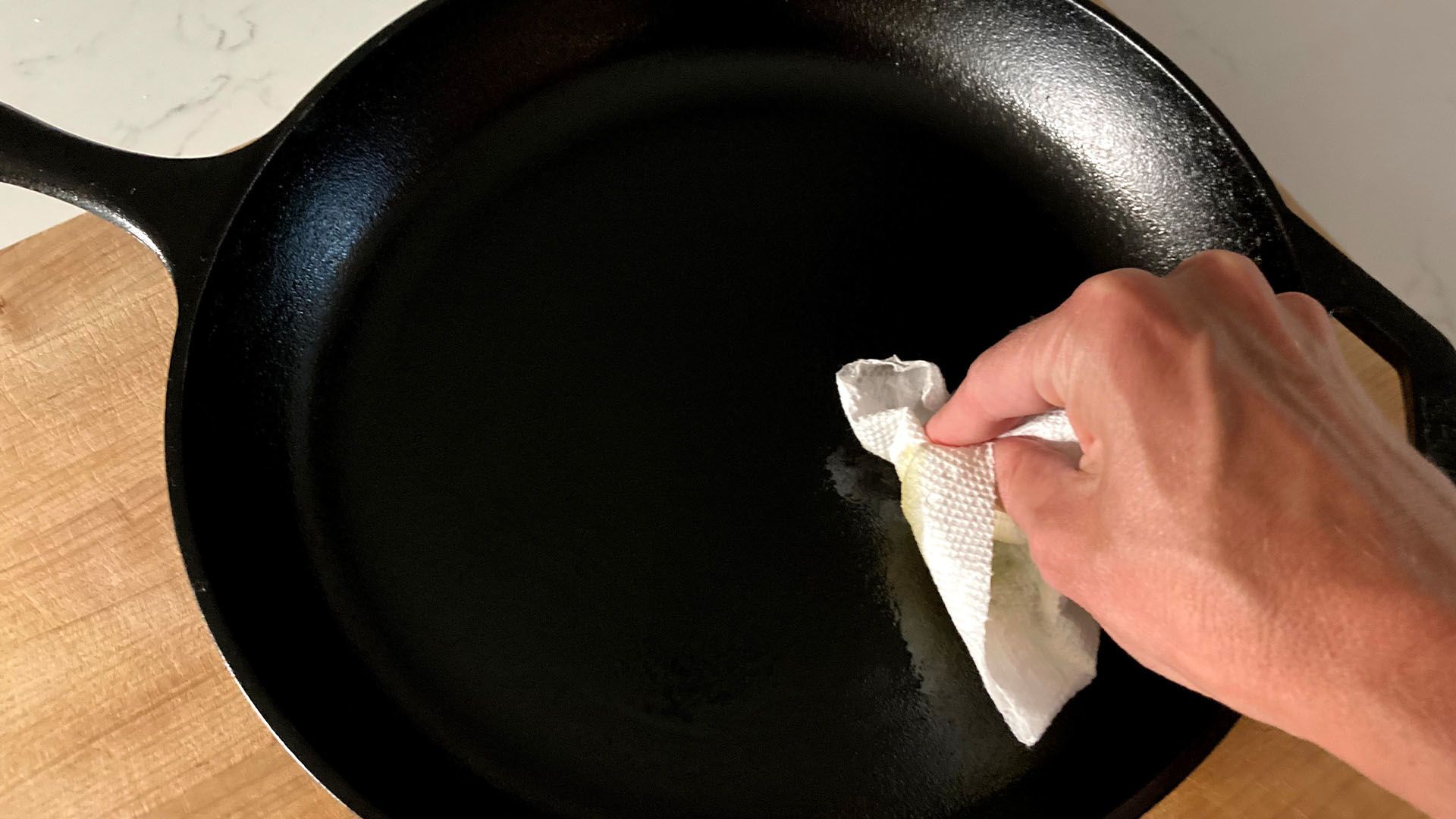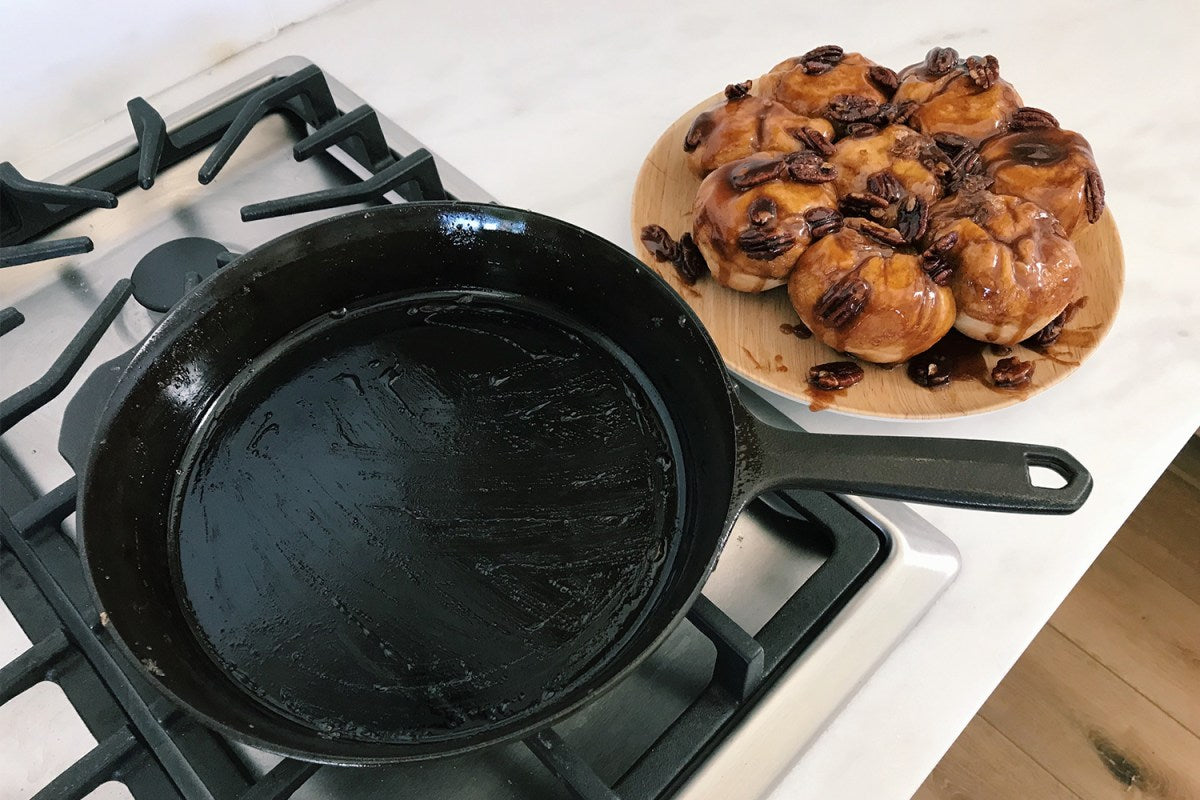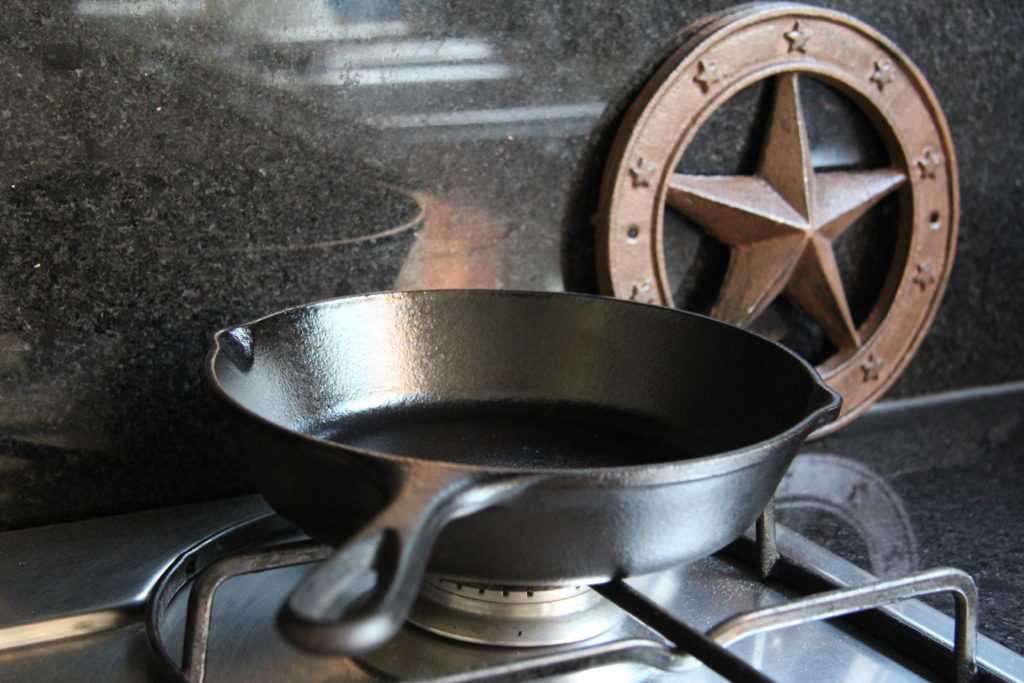One of the best investments you can make in the kitchen is a quality cast iron skillet. However, understanding how to oil a cast iron skillet is paramount in maintaining its non-stick surface and longevity. Cast iron skillets, when cared for properly, can last a lifetime and even become a cherished family heirloom. In this article, we will delve into the steps necessary to ensure your skillet is always ready to deliver delicious meals.
After the initial seasoning process, keeping your cast iron skillets oiled regularly is essential to maintain their non-stick surface. This article is designed specifically for kitchen professionals, providing detailed instructions and valuable tips that enhance your culinary experience and efficiency.

Understanding the Importance of Oiling
Oiling your cast iron skillet does more than just prevent food from sticking; it also protects the skillet from rusting and enhances the cooking capabilities of the pan. With the right level of maintenance, your skillet can heat evenly and develop a natural, beautiful patina, which increases over time.
Choosing the Right Oil
Selecting the appropriate oil is crucial when determining how to oil a cast iron skillet. Here are some oils that are particularly suitable:
- Flaxseed Oil: Highly recommended for its high smoke point and ability to create a durable seasoning.
- Vegetable Oil: Affordable and readily available, suitable for routine maintenance.
- Canola Oil: Another versatile option with a high smoke point.
Steps to Oil Your Cast Iron Skillet
Now, lets discuss the step-by-step process of oiling your cast iron skillet. It involves both preparation and application to ensure you get the best results.
Preparing the Skillet
Before oiling, it's important to prepare your skillet correctly. Heres how:
- Clean Thoroughly: If it has food residue, clean it using warm water and a stiff brush. Avoid soap as it can damage the seasoning.
- Dry Completely: Water left on the skillet can lead to rust. Its advisable to dry it over low heat on the stove for a few minutes.
Oiling Techniques
Once your skillet is clean and dry, follow these steps:
- Apply Oil: Pour a small amount of chosen oil onto a paper towel or cloth. You want just enough to cover the surface but not saturate it.
- Rub It In: Using the oiled towel, rub the oil evenly across the surface of the skillet. Dont forget to coat the handle and the exterior, as these areas can also rust.
- Wipe Excess: After oiling, thoroughly wipe away any excess. Too much oil can lead to a sticky surface and potential smoking during cooking.
How Often Should You Oil Your Skillet?
The frequency of oiling your skillet will vary based on use. If you use your cast iron skillet regularly (think daily or weekly), oiling after each use may be manageable. If you use it less frequently, consider oiling every few uses or after cleaning to ensure it remains conditioned.
Additional Maintenance Tips
In addition to oiling, there are other practices you should adhere to when caring for your cast iron skillet:
- Proper Storage: Store your skillet in a dry place with a paper towel inside to absorb any moisture.
- Regularly Season: Periodically season your skillet by applying a layer of oil and baking it in the oven at a high temperature.
- Be Mindful of Cooking Techniques: Avoid cooking acidic foods in your cast iron skillet until it is well-seasoned, as this can strip away the seasoning.
Concluding Thoughts
Understanding how to oil a cast iron skillet is essential for kitchen professionals looking to maintain the integrity and performance of this invaluable cooking tool. With proper care and regular oiling, your cast iron skillet can serve you for decades.
For additional insights on enhancing your cast iron cooking experience, visit care for a cast iron skillet.
By sharing these practices within your culinary team and ensuring everyone adheres to them, you will foster an environment of excellence in your kitchen, creating perfectly cooked dishes with the help of your trusty cast iron skillet.

Frequently Asked Questions
1. Why is oiling necessary for my cast iron skillet?
Oiling helps to maintain the non-stick surface, prevents rust, and protects the seasoning layer of your skillet.
2. Can I use olive oil for seasoning my cast iron skillet?
While you can use olive oil, it has a lower smoke point compared to other oils, which may affect the seasoning quality. It's recommended to use oils with a high smoke point.
3. Is it safe to use soap on my cast iron skillet?
Using soap is generally not recommended as it can remove the seasoning. Instead, opt for hot water and a stiff brush for cleaning.
As an Amazon Associate, I earn from qualifying purchases.






Leave a comment
This site is protected by hCaptcha and the hCaptcha Privacy Policy and Terms of Service apply.